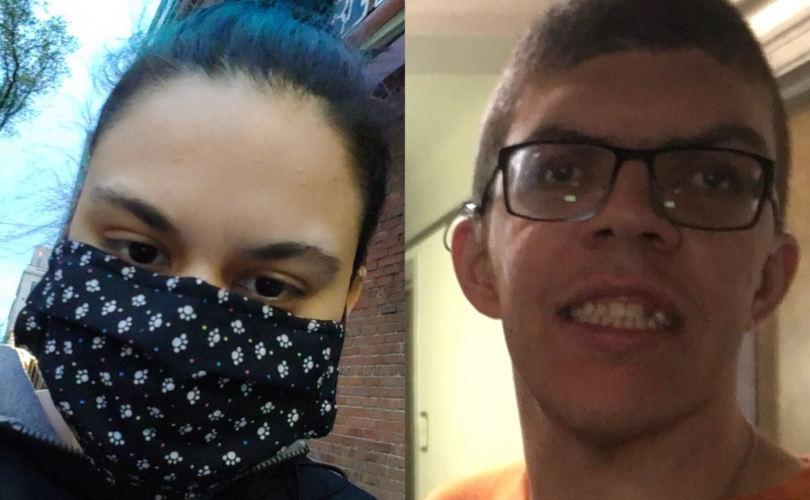Living through a critical moment in public health history only further illuminates the ongoing struggles and resilience of many under-resourced communities, including the disabled community. The community faces insurmountable impacts in their daily life and access to healthcare needs as a result.
As we approach nearly three months into the COVID-19 pandemic and enter our first phase of relief in Massachusetts, many shelter in place accordances are still active in multiple states. More than ever we are seeing a surge of people without employment, uncertain of when or if they can go back to work anytime soon. We continue to see the critical ongoing need for accessibility, resources, and services to help people with disabilities navigate through this moment in time. Although the pandemic has made these needs more apparent, the community has advocated for them long before the public health crisis.
Many of our PYD participants are living through the pandemic in different ways, adapting to routines and worried about what comes next. As the future remains uncertain, some are finding themselves equipped to handle life in this crisis while others may be under-resourced and vulnerable to the gaps and burnout this pandemic illustrates.
“And many of the guidelines for social distancing and quarantine leave disabled people, especially those who are deaf and blind, without a way to communicate or connect at all,” said NPR’s Michael Martin.
Two of our youth participants in our one to one mentoring program, Zuleny and Greg wanted to vocalize their experiences living through the crisis as working professionals. Both have shared their thoughts on challenges, successes, and overall experience living through COVID-19.
Zuleny (They/Them/Theirs or Z) is a 24-year-old working as a Library Assistant at the Parker Hill Library. Z is very passionate about accessibility and transportation for people with disabilities and is particularly interested in the intersection of disability and the LGBT community.
Greg (he/him/his) is 23 and lives in Watertown. He currently works as an Amazon Prime Personal Shopper at Whole Foods Market and Library Courier at Boston College. He likes national parks, historic sites, baseball games, cooking, and theatre, and describes himself as responsible, independent, and detail-oriented. He also enjoys kayaking, sailing, and swimming.
What is your daily routine like?
G: Getting up, having breakfast, going to work, coming back, relaxing, dinner, afternoon/evening commitments.
Z: Waking up early sometimes, I either go to the store or take a walk for 30 minutes and then come home.
What has working remotely been like for you?
Z: It’s been rough because I get distracted a lot with the TV, my phone, and a lot of sleeping.
G: I’ve been furloughed from my two jobs due to a lack of work.
What has been the most challenging or hardest part?
G: Social distancing, and not being able to see friends and family.
Z: Social distancing is probably the hardest because I’m not used to it being away from people or just things in general. Walking in one way is hard because I never had to do that before or wearing my mask. Masks are hard to wear when it comes to me because I’m very sweaty in them and can’t wear so much covering.
What has been your favorite part of this (if anything)?
Z: Staying at home and not waking up early to go to places. Because of my chronic pain it’s hard for me in the mornings.
G: Being able to do virtual tours of national parks and historic sites.
How have you been connecting with your mentor?
G: Via text and by phone.
Z: Yes, we try to connect on the phone or text every other week or once a week.
What have you learned from this experience? (Ex: Have you gained a new hobby/acquired a new skill? Have you learned any life lessons or anything about yourself?)
Z: I’ve learned that I do better with afternoon work and doing work at home works for me when I’m not feeling well and at my worst when it comes to my chronic pain.
G: I’ve learned that there’s no need to overdo it with activities and commitments and it’s just nice to relax and do things at home sometimes. Also, I’ve realized it’s important to not always be spending a lot of money too (money doesn’t grow on trees!)

